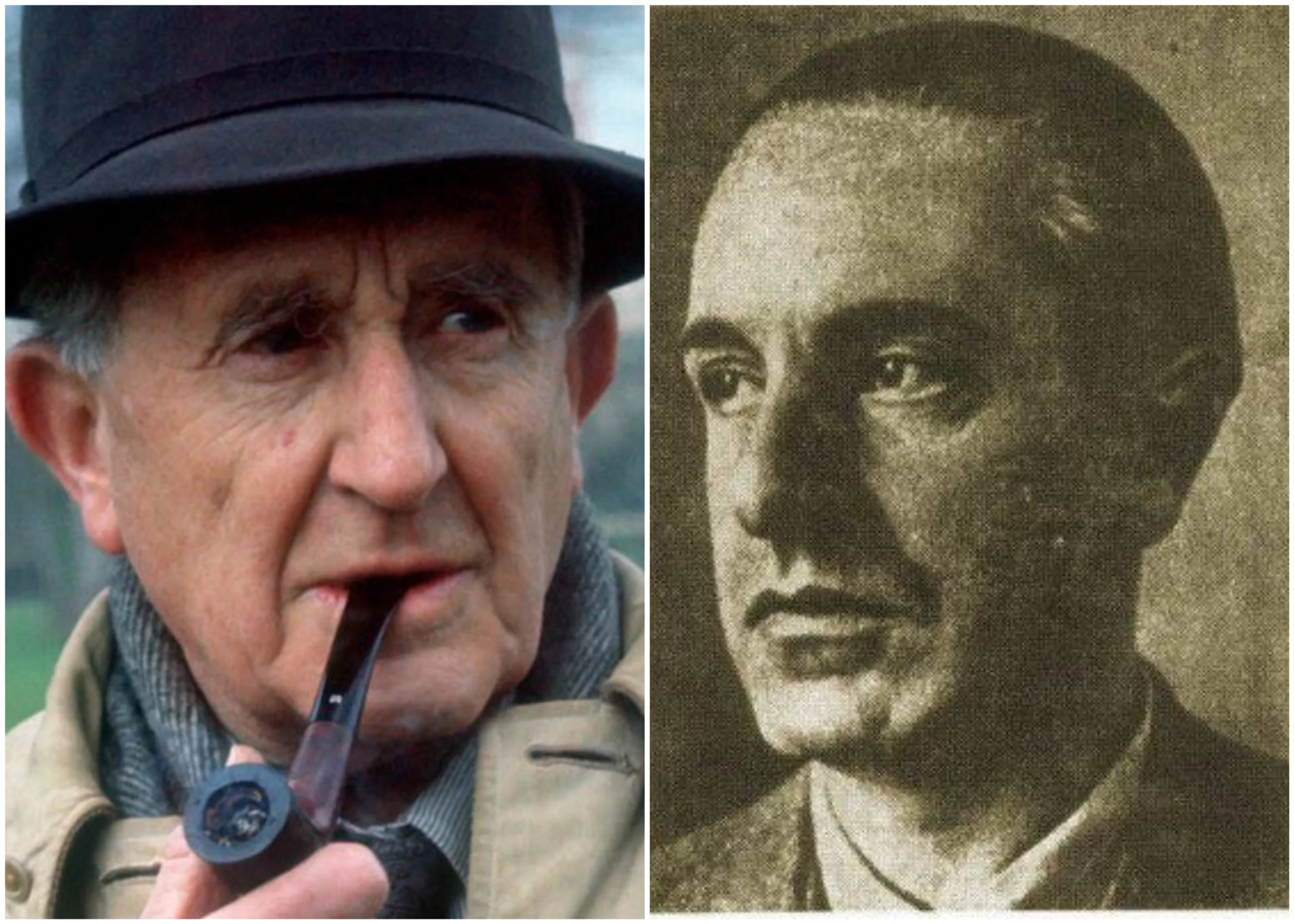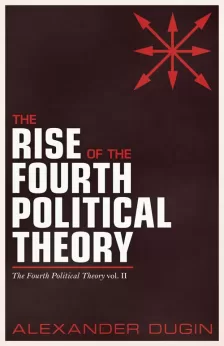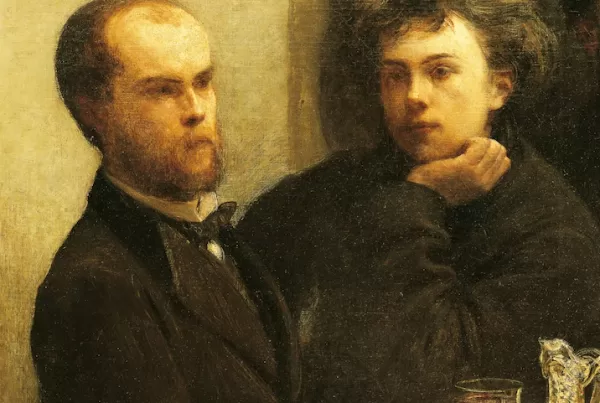Julius Evola and John Ronald Reuel Tolkien were contemporaries, belonging to the same generation. Both engaged in the study and interpretation of ancient texts, essentially working within the same field. The result of these authors’ years of labour were fundamental and significant works.
In his powerful historiosophical composition Revolt Against the Modern World, Julius Evola presented a picture of the decline of the world of Tradition and the establishment of modernity based on the analysis of a wide range of sources, including medieval legends and tales of great kings of the past.
Tolkien created arguably the most famous fantasy epic of the twentieth century, The Lord of the Rings, thereby founding the genre of ‘high fantasy’. The plot of Tolkien’s main work is probably known to all. It is based on the story of magical rings that grant the wearer great power. The One Ring, forged by the dark lord Sauron, allowed its bearer to become invisible, extended life, and bestowed power, but at the same time enslaved its owner.
It will also be interesting to recall two tales that Julius Evola writes about in the first part of Revolt Against the Modern World.
According to the first, the Holy Roman Emperor Frederick II of Hohenstaufen received a magical ring from the mysterious ‘Presbyter John’ that allowed him to become invisible and invulnerable. The incident of the monarch’s ‘disappearance’ using the invisibility ring during a hunt was recounted by the poet Oswald von Wolkenstein. The legend is retold, in turn, by Bruno Gloger in the book Emperor, God, and Devil: Frederick II Hohenstaufen in History and Legend.
In a mysterious medieval allegory, Melchizedek from the Old Testament is described as a noble figure who gives three rings to his sons. These rings grant them equal power and inheritance rights, effectively resolving any potential conflicts among them. Melchizedek thereby indicates that Muslims, Jews, and Christians can equally be considered bearers of true knowledge. This legend is retold in the third story of the first day of Giovanni Boccaccio’s Decameron. Julius Evola also mentions in Revolt Against the Modern World that the Ghibellines, in their conflict with the Church, turned to the ‘royal religion’ of Melchizedek.
The analogies with the plot of The Lord of the Rings seem obvious here. It seems that Tolkien — a philologist and great medievalist — could not have been unaware of these legends.
This is just a brief, cursory remark on the margins of Tolkien’s great work, which will help us better understand its depth and the continuity of European tradition.









